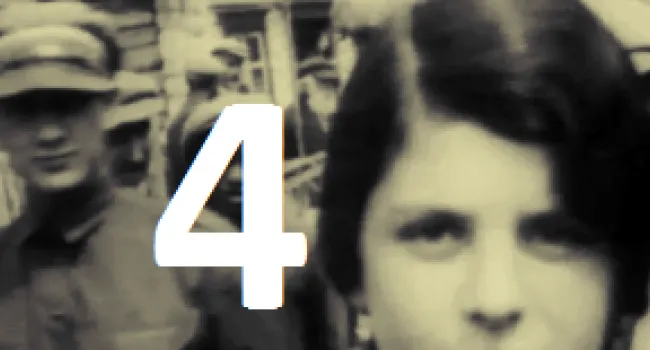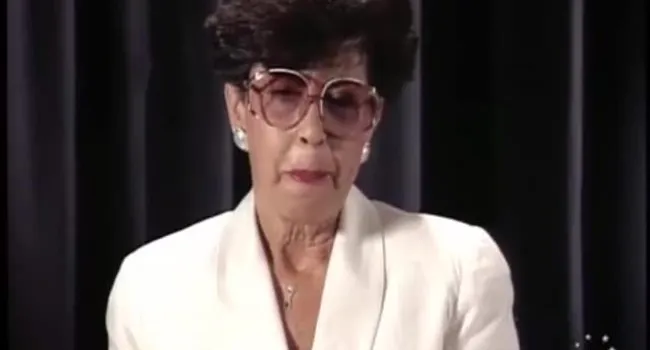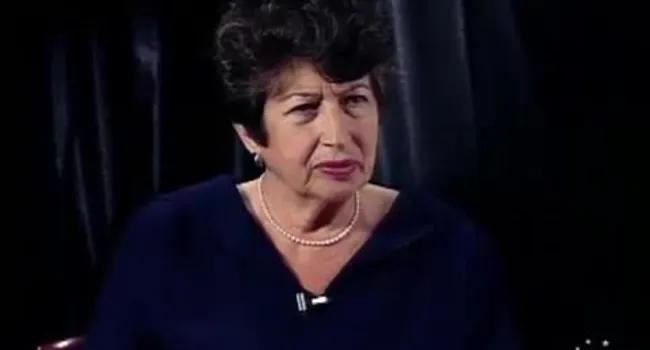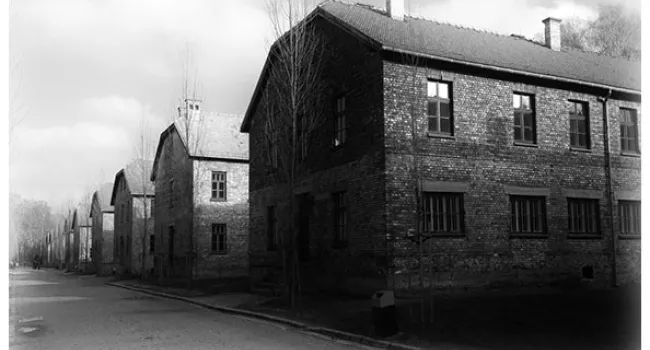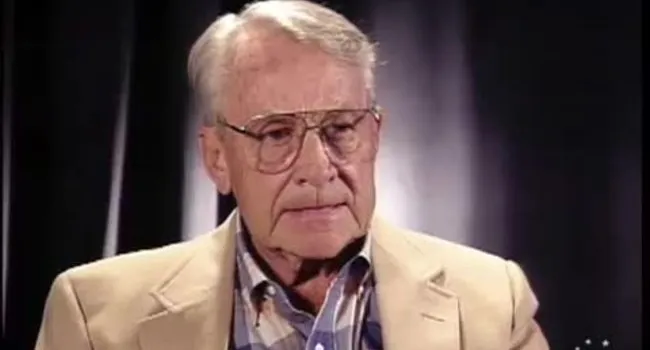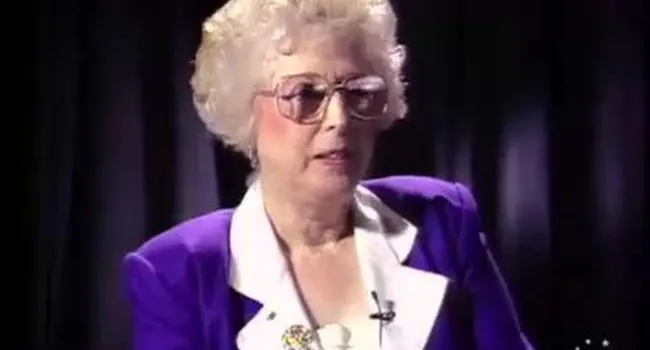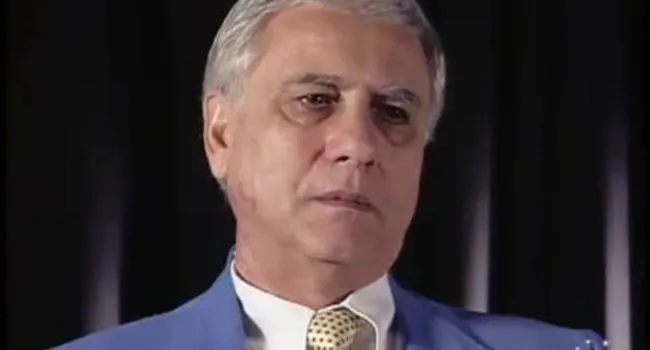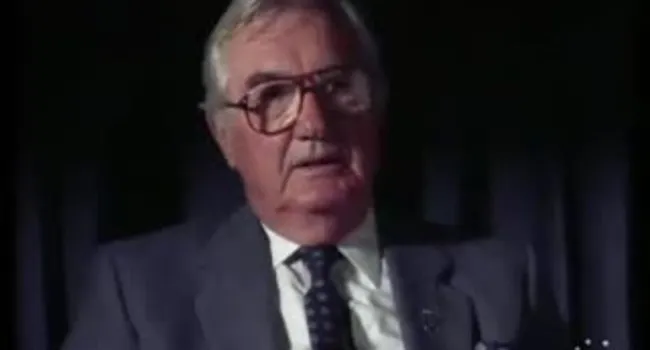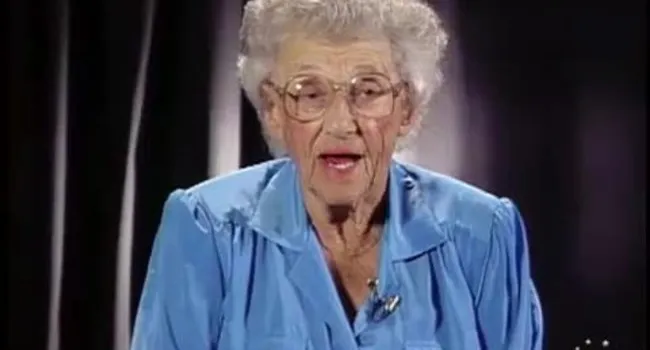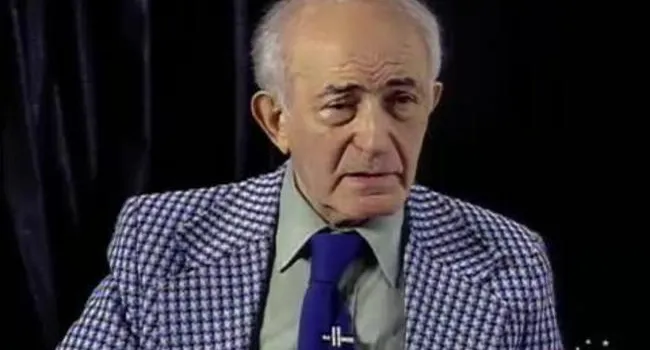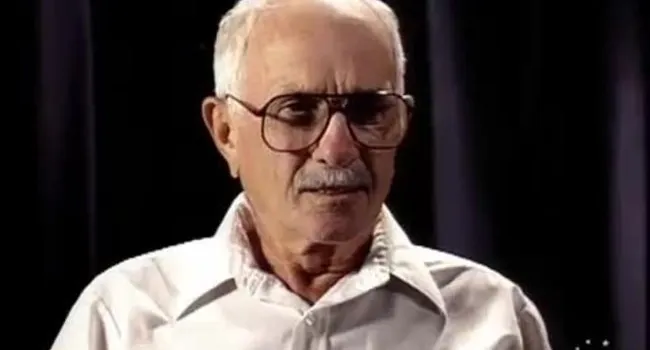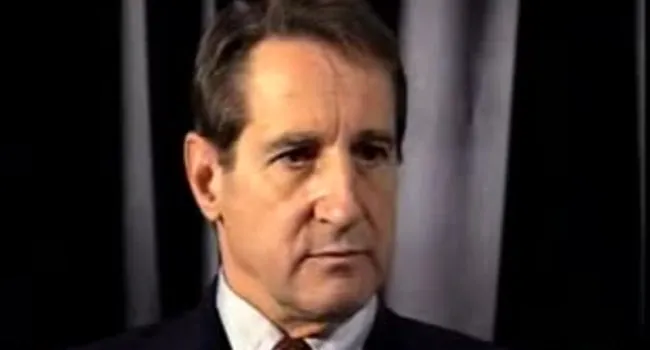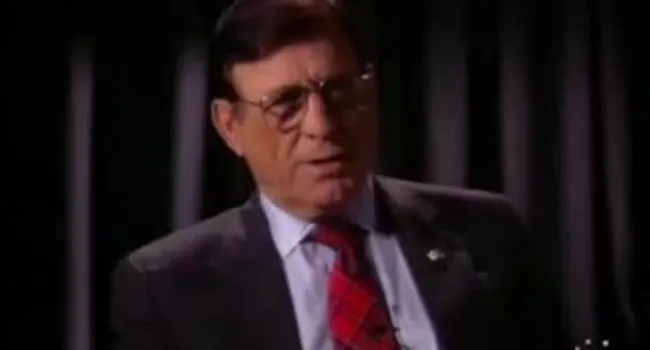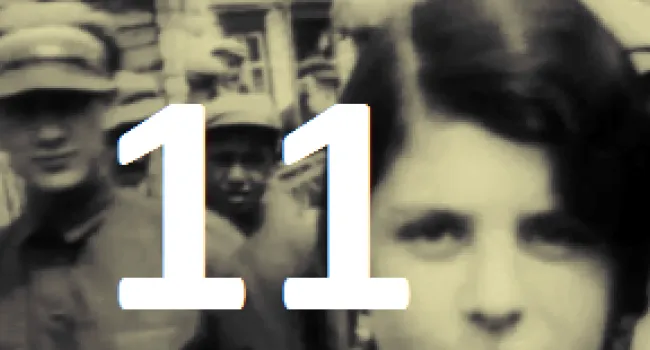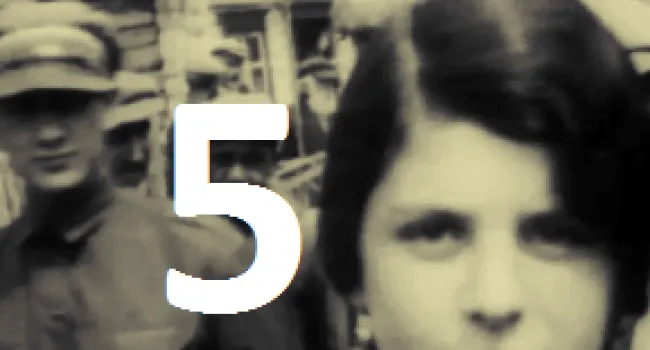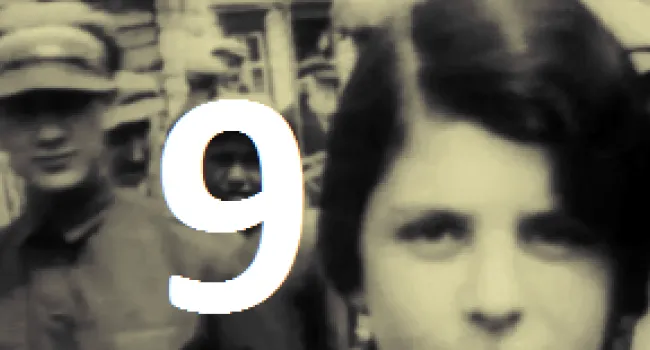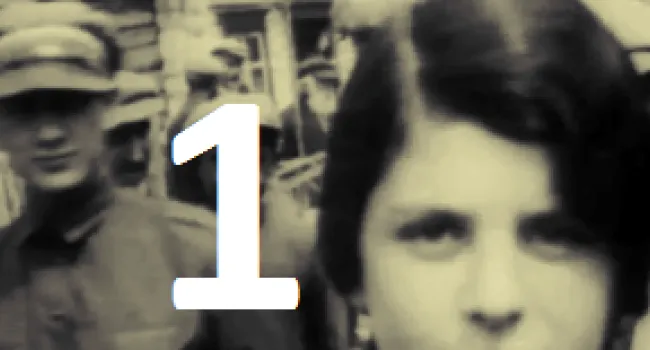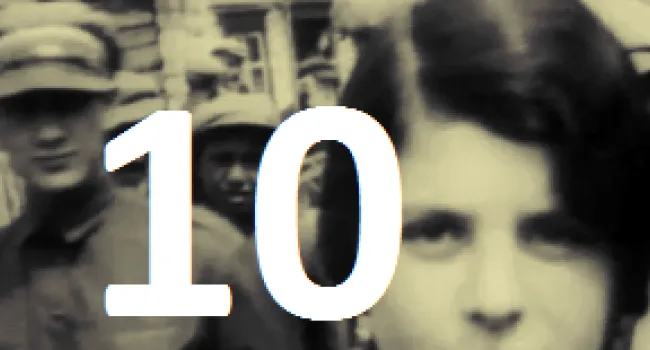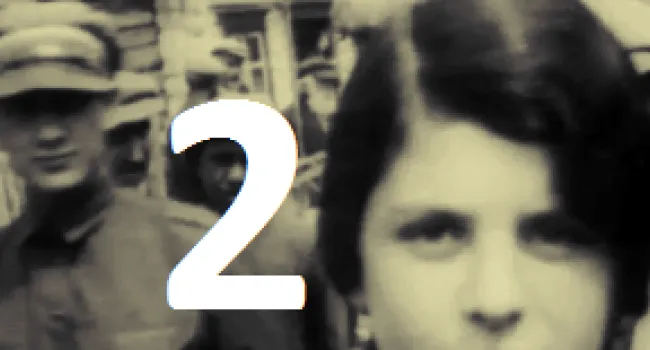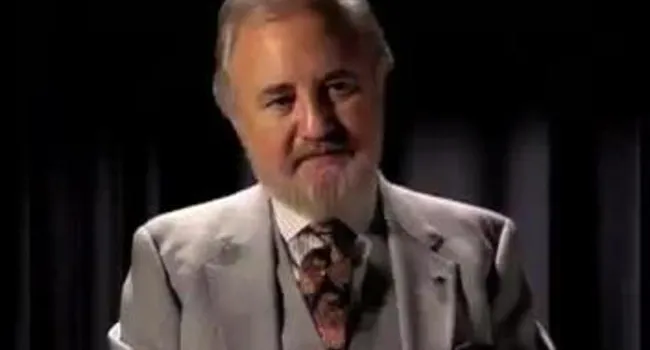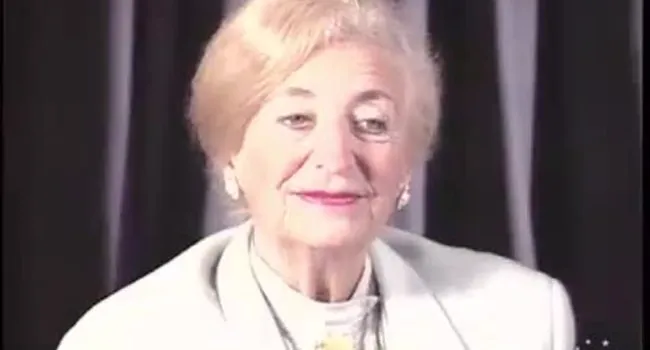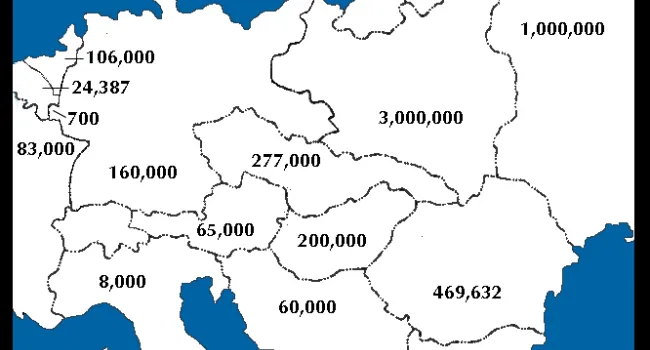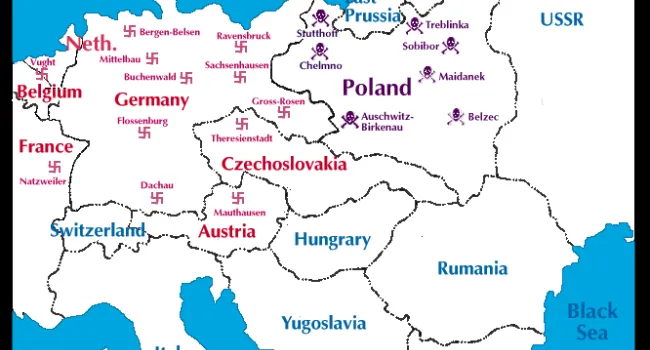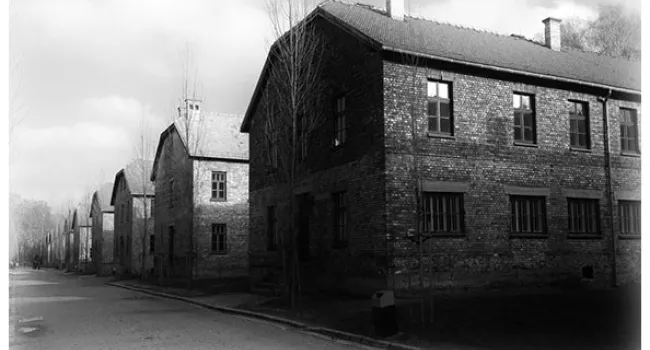Tom Grossman, born May 1, 1927 in Budapest, Hungary, discusses his father, who was a retired army officer, and his mother; his two sisters; the interactions of Jews and non-Jewish; antisemitism in Hungary; the anti-Jewish laws; the creation of work camps in 1941-1942, which did not affect him; the yellow arm band; the German takeover in 1944 and the closing of schools and the curfews; attending a boarding school; the arrival of SS tanks in March 1944 and returning home; how Jews were required to turn in vehicles and valuables; the roundup of Jews; being sent by train to the ghetto in Sátoraljaújhely, Zemplén Megye, Hungary; life in the ghetto; being sent to Auschwitz-Birkenau; arriving in the camp and being separated from his mother and sisters; working in a stone quarry to build an airplane strip; being in the camp from April 1944 to February 1945; the hanging of prisoners who tried to escape; being beaten for trying to escape; the selections in the camp; being evacuated in February 1945 and marched to Flossenbürg; life in Flossenbürg; being sentenced to hang and saved by the Swiss Red Cross; being sent to Dresden to work for a few weeks; being marched again and experiencing two air raids; going to Theresienstadt; and meeting people from his hometown in the camp.
Standards
- 5.3 Demonstrate an understanding of the economic, political, and social effects of World War II, the Holocaust, and their aftermath (i.e., 1930–1950) on the United States and South Carolina.
- 6.5.CE Explain the impact of nationalism on global conflicts and genocides in the 20th and 21st centuries.
- 7-4 The student will demonstrate an understanding of the causes and effects of world conflicts in the first half of the twentieth century.
- The influence of both world wars and the worldwide Great Depression are still evident. To understand the effects these events had on the modern world, the student will utilize the knowledge and skills set forth in the following indicators:
- 7-4.5 Summarize the causes and course of World War II, including drives for empire, appeasement and isolationism, the invasion of Poland, the Battle of Britain, the invasion of the Soviet Union, the "Final Solution," the Lend-Lease program, Pearl Harbo...
- 7-4.6 Analyze the Holocaust and its impact on European society and Jewish culture, including Nazi policies to eliminate the Jews and other minorities, the Nuremberg trials, the Universal Declaration of Human Rights, the rise of nationalism in Southwest...
- The influence of both world wars and the worldwide Great Depression are still evident. To understand the effects these events had on the modern world, the student will utilize the knowledge and skills set forth in the following indicators:
- 8.5.CO Compare South Carolina and U.S. wartime contributions and demobilization after World War II.
- This indicator is intended to encourage inquiry into the significant causes of World War I and the impacts of the Treaty of Versailles, including its failure to prevent future global conflicts.
- USHC-7 The student will demonstrate an understanding of the impact of World War II on the United States and the nation’s subsequent role in the world.
